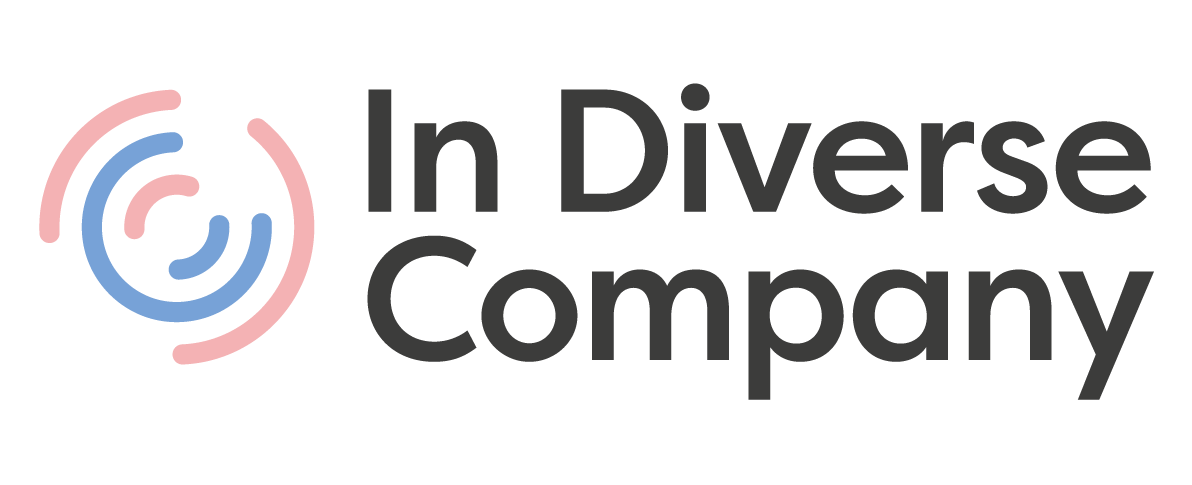By Manasi Bharati, Psychology Consultant
According to Google, the use of the word ‘accountability’ has increased overtime and is now used more than the word ‘responsibility’. With responsibility, you can carry out certain tasks as a part of the duties assigned to you and expected from you. But with accountability, you become liable to be questioned about the performance of these responsibilities. It is natural then to think of accountability as a gauge check of responsibility – whether you are performing your duties or not.
What happens then when you fall short of what you were accountable for? What happens if, oops, you make a mistake at work? Do you shy away from it, ignore it or pretend that it never happened? Or do you accept it, own it and correct it? Accountability is not only for all the work done correctly but also for the work that is done incorrectly.
It is completely okay to make mistakes at work as nobody is ever perfect – all working individuals are human and “to err is human”. Our failures and mistakes help us learn and understand how ‘not’ to do certain things in the future and be better at it. Before you can learn from your mistake, you need to own your action and the consequences of it. However, sometimes external factors like the environment at work or the situation that you are in may not allow for vulnerability of individuals to express and accept their mistakes. What can be done then? What are the consequences of such a working environment?
In an interview with The Next Quarters, psychologist Nadin says that accountability at work is about the development of individuals as employees. It can get them to own their work – whether good or bad – and to value their work. This means respecting yourselves and your colleagues. Being accountable allows you to care and to show to those around you that you care. Hence it has an important part to play in creating a psychologically safe workspace where everybody’s well-being is acknowledged, and social capital is developed. If in such a work culture you make a mistake, you are more likely to show vulnerability and admit that you have fallen short because you feel safe and empowered by the empathetic social circle around you who will help you get through the mistake.
On the other hand, if you are in a work culture where employees feel afraid to be themselves, are very results-oriented and are micromanaged every step of the way, then it is more likely that you will feel forced to accept that you ever made a mistake. The fear of being imperfect would loom over you and your progress in the organisation. Such a culture shows a lack of trust within the organisation – its leaders and its employees. Toxic workplaces without trust and safety can cause physical and mental stress to employees making them underperform and also cost the companies financially in revenue, customers and employees too.
So what can be done in organisations to create cultures of accountability?
- Set clear lines of responsibility and accountability: Especially in this remote working age, let employees know that they are trusted to do their work. Setting clear actions allows for clarity and transparency in the organisation. Such clarity can empower people to do their best work and also reduce any chances of working in silos affecting the output. This will not lead to a blame game.
- Leaders as role models: Psychological research says that it is important for leaders to show their vulnerability – to show that they have feelings, they change their minds, and they make and admit mistakes too. If leaders model such behaviour by displaying their ownership of a mistake, then it becomes more acceptable for the employees to feel that they can do the same. Leaders need to communicate this existence of psychological safety in the organisation.
- Foster innovation and creativity: Organisations can be proactive and allow employees to be entrepreneurial and innovative in their work if a change is needed. This creates room for making them open to newer experiences and allowing them to fail and make mistakes. Allowing for wider cross-cultural collaboration and freedom can let people know that they are all part of one big team and that they are trusted to perform their duties.
So the next time you make a mistake at work, be genuine about it and own it up; show that you are a human. Don’t say oops but say that it is an opportunity for you to establish a culture of accountability. You might be surprised at how supportive your workplace can be, especially in such trying times. The future of work is, after all, the humans.
Liked this article? Share it with your network:
Here’s your next read: an article on how asking for help can drive productivity in an organisation.
The next time you make a mistake at work, be genuine about it and own it up; show that you are a human. Don’t say oops but say that it is an opportunity for you to establish a culture of accountability. You might be surprised at how supportive your workplace can be, especially in such trying times. The future of work is, after all, the humans.






